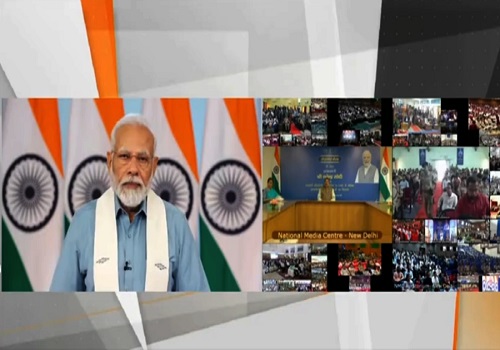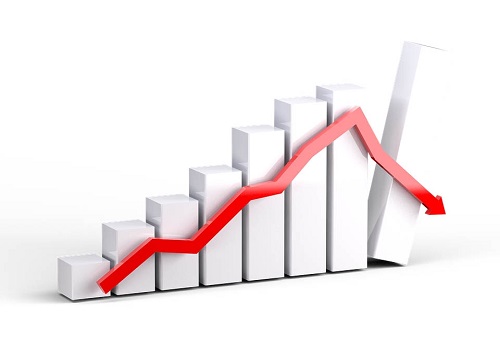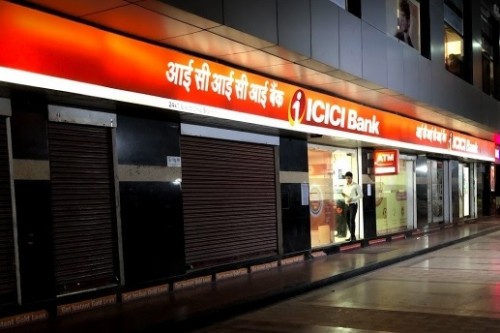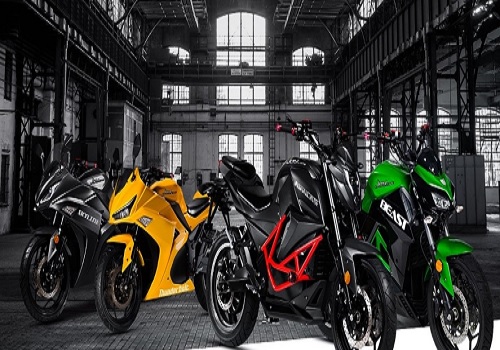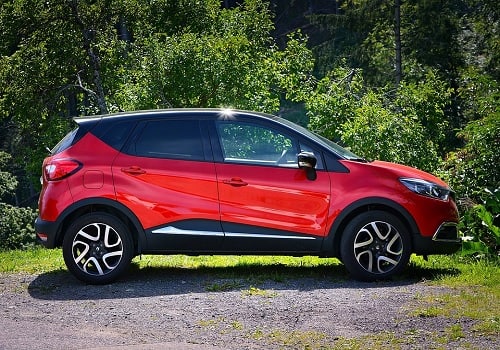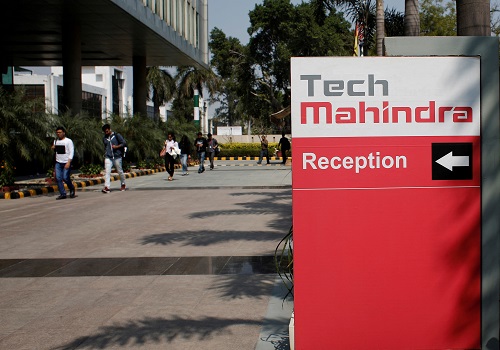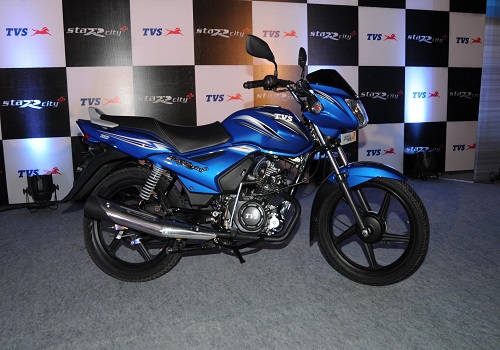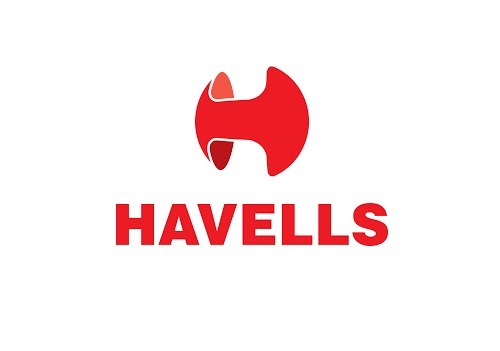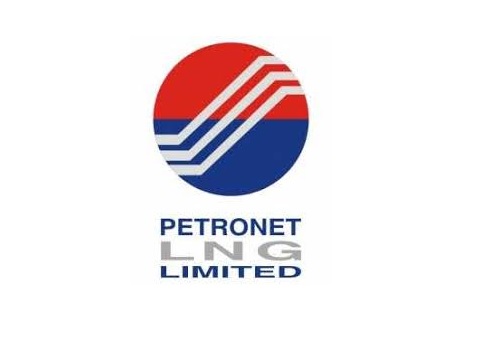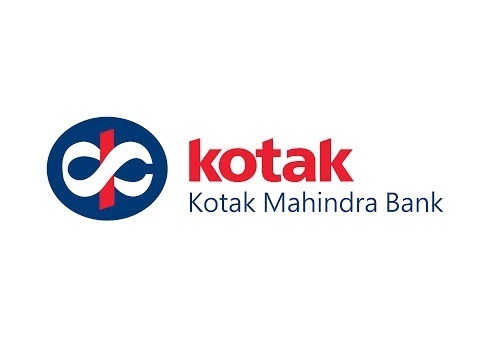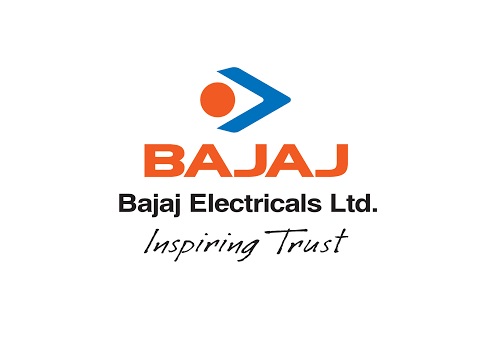Buy CarTrade Tech Ltd For Target Rs. 840 - JM Financial Institutional Securities Ltd

Follow us Now on Telegram ! Get daily 10 - 12 important updates on Business, Finance and Investment. Join our Telegram Channel
Lock-in Expiry – hold tight or safe flight?
* With dust finally settling on the tumultuous pre-IPO shareholding expiry of Zomato, we have another company from the new-age tech stable preparing for the same litmus test. CarTrade’s pre-IPO shareholders’ lock-in expires on Aug 20th, 2022. While the overall size (in INR) of supply expected to hit the market will just be a fraction of the amount for Zomato, at ~57% of CarTrade’s share capital, it is still substantial enough to move the share price significantly. It must however be noted that CarTrade’s pre-IPO investors did already get a liquidity opportunity as the IPO was completely an offer for sale where they liquidated 18.5mn shares, ~40% of the outstanding amount. In comparison, Zomato’s IPO was primarily a fresh issue with only Info Edge liquidating a small amount. Our cost of acquisition analysis suggests that the larger shareholders of CarTrade have already monetised significantly more than their cost of acquisition, implying that any further sale should be driven by fundamental factors rather than just liquidity requirement. We have a ‘BUY’ rating on the stock with a Jun’23 TP of INR 840 and believe that any dip due to an open market sale by any of the pre-IPO investors should be viewed as an accumulation opportunity.
* Size of shares opening up is massive compared to average trading volume: With 26.6mn shares opening up on August 20th, the number is massive in comparison to average trading volume in this scrip. Since anchor lock-in expired on Sep 20th, 2021, there have rarely been days that have seen over 75k shares traded. Therefore, the share can potentially see a sharp decline even if a minor locked-in stake is sold in open markets. Just for a high-level comparison, Zomato share declined by 20%+ in 2 days until the company reported picture-perfect results that brought back the buyers to absorb the sales.
* Almost all pre-IPO investors have already generated more cash than they invested: As CarTrade’s IPO was completely an offer for sale, all pre-IPO investors got a chance to generate liquidity from their investment. Interestingly, all larger shareholders have already sold 40-50% of their original stake at IPO price of INR 1,618, ~2.5x-5.5x of their average cost of acquisition. Hence, they have already received an amount higher than their investment amount in CarTrade and should not have major liquidity requirement from this investment.
* Current market price implies 4.8x/22.5x FY24 Revenue/EBITDA multiple: At CMP, CarTrade is trading at 4.8x/22.5x FY24 revenue/EBITDA multiple, basis JMFe. In comparison, its mature global peers such as Autotrader and Carsales trade between 10- 12x on FY24 revenue and 15-20x on FY24 EBITDA basis. The inventory-led used cars player, Carvana also trades at ~6.0x net revenue (gross margin) multiple. Closer to home, Indiamart currently trades at 10x/33x FY24 revenue/EBITDA multiple. These comparisons suggest that CarTrade’s valuations look relatively cheap and the stock can have a decent upside potential.
* ‘Stay tight’ or ‘safe flight’ to depend on tenure expiry or upside potential: With cheap valuations and pre-IPO investors having already realised some profits, the decision to hold or sell is likely to depend on investors’ evaluation of future upside potential. As all four of Warburg Pincus, Temasek, JP Morgan and March Capital have been invested for over 5 years, investment horizons could also drive the liquidation decision. However, we postulate that current risk-reward ratio is likely to be the dominant factor in any pre-IPO investors selling their stake and that factor looks in favour currently. There might also be some learnings in taking a more graduated approach considering how Zomato managed to revert more than the immediate fall post lock-in expiry. We have a ‘BUY’ rating on CarTrade with SoTP based Jun’23 TP of INR 840.
* Auto industry is finally bouncing back from BS VI, COVID and chip shortage: Indian auto industry has been severely impacted by multiple factors since FY20 starting with BS VI emission standards transition deadline of 31st March 2020. The prevailing uncertainty did cause a slight pause in auto sales and before the impact could conclude, India had to go through strict COVID lockdowns that resulted in minimal movement for almost 6 months. COVID also brought back the need of owning a personal car for safety but the resulting spike in demand in a subdued supply environment, due to labour shortage first and chip shortage later, did not allow the sector to recuperate completely. Since the last few quarters, we are finally seeing light at the end of the tunnel with new auto sales posting encouraging numbers (~800k quarterly sales) and FY23 being expected to be the first full normalised year since the BS VI transition impact in FY20.
To Read Complete Report & Disclaimer Click Here
Please refer disclaimer at https://www.jmfl.com/disclaimer
SEBI Registration Number is INM000010361
Above views are of the author and not of the website kindly read disclaimer












 320-x-100_uti_gold.jpg" alt="Advertisement">
320-x-100_uti_gold.jpg" alt="Advertisement">

